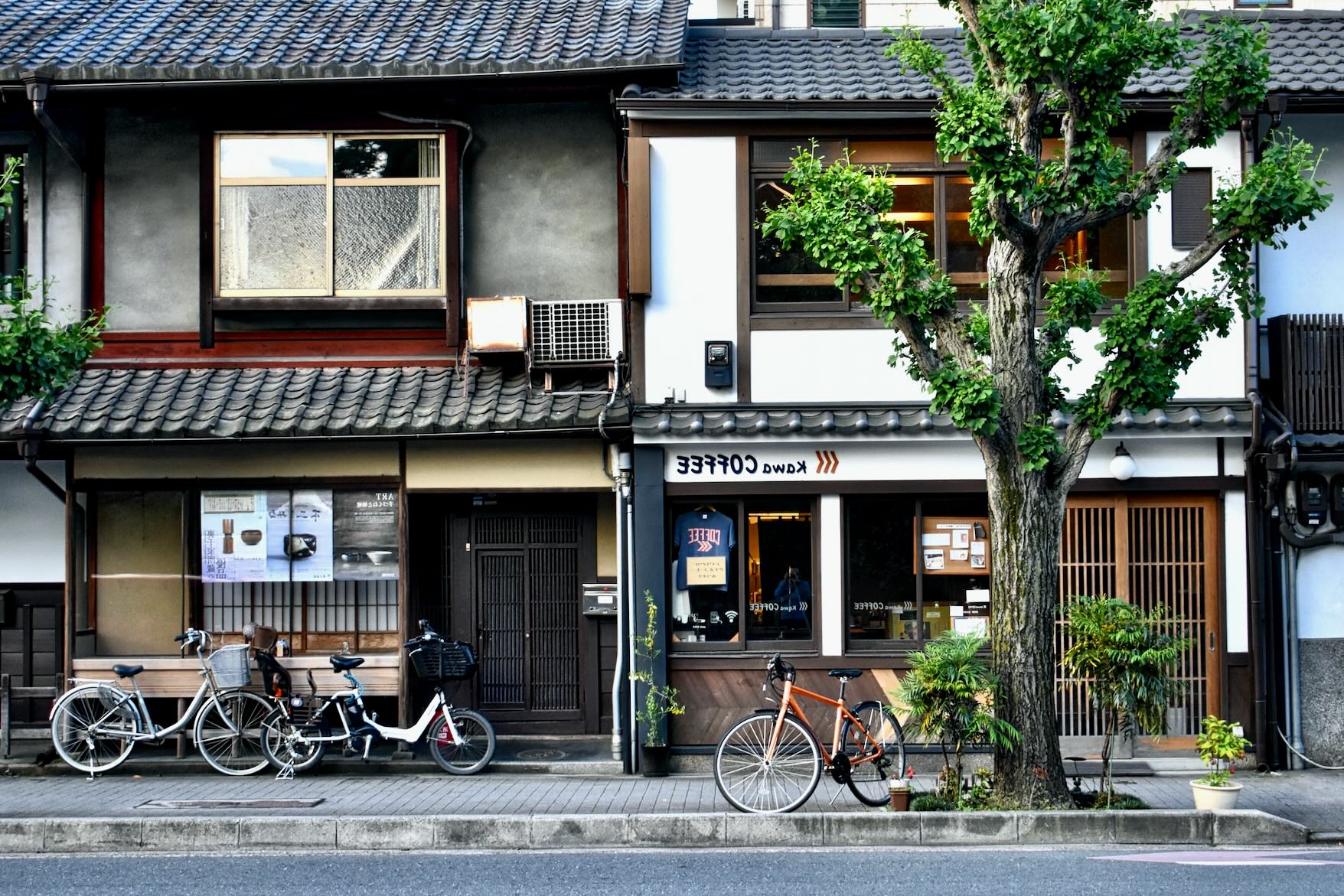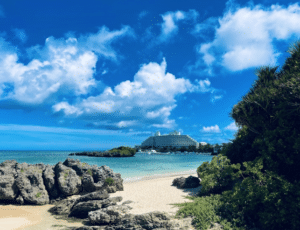
Pros and Cons of Buying an Akiya Property in Japan: What You Need to Know
Are you considering buying a property in Japan and wondering if an Akiya property listed on the Akiya Bank is a good option? Akiya properties are abandoned or unoccupied homes that are often sold at a lower price than market value. While they offer some attractive advantages, such as lower prices and traditional Japanese architecture, there are also some potential drawbacks to consider. This article will examine the pros and cons of using Akiya Bank to purchase a property in Japan, as well as provide some useful information for foreigners who are interested in buying an Akiya but face language barriers. Additionally, we’ll explore whether it’s possible to use a mortgage to finance an Akiya purchase.
If you are new to akiya properties and want to learn more about how Akiya Bank works in Japan, check out our recent article which explains what Akiya Banks are, the types of Akiya Banks, and step-by-step instructions on how to use them!
Jump to:
- PROS of using Akiya Bank
- CONS of using Akiya Bank
- Can foreigners buy an Akiya in Japan?
- Can you use a mortgage for Akiya?
・PROS of using Akiya Bank
Using Akiya Banks to purchase an akiya in Japan has several advantages:
– Budget-friendly: Akiya properties are often on the cheaper end, making them an attractive option for budget-conscious buyers.
– Hidden gems of Japanese architecture: Many properties on the Akiya Banks are kominka or traditional Japanese houses.
– No agent commission: If you decide to handle the transaction and due diligence yourself, there is no need to pay commission to real estate agents, which can save you money.
– Financial aid: Some municipalities offer subsidies or financial aid to akiya buyers. For example, Fujieda City in Shizuoka offers up to 700,000 JPY for purchasing a property listed in the local Akiya Bank. (link) Toki City in Gifu provides up to 1 million JPY for renovating a property listed in the local Akiya Bank. (link)
– Minimal standard: As a ground rule, municipalities do not allow buildings that are considered unfit to live in or are not up to code to be listed on Akiya Banks. Thus, you can reasonably guess that the listed properties are not in complete shambles or built illegally.
・CONS of using Akiya Bank
– Areas may be limited: Not all municipalities have set up the Akiya Banks. Some areas that are closer to large cities or popular tourist destinations, for example, may not have them as the property values are typically higher and real estate markets are faster-moving. This can limit your options if you’re looking for a specific location.
– Lack of official support: As mentioned above, Akiya Banks are only responsible for providing property information. Thus, there will virtually be no support from the local or national government or the Akiya Bank operators.
– Lack of information online: Most Akiya Bank listings come with limited information and lower-quality photos, which can make it difficult to evaluate from afar.
– Need for thorough due diligence: While municipality officials are supposed to check the property’s condition before listing it on the Akiya Bank, their on-site survey often lacks thoroughness, i.e., a simple visual check from the outside. Furthermore, the properties are typically old and sold “as is” without any warranty. Buyers must fully understand the risks of buying an akiya beforehand and arrange necessary due diligence before committing to a property, including understanding applicable regulations and zoning requirements that may prevent you from acquiring a mortgage or reconstructing or renovating the property.
・Can foreigners buy an Akiya in Japan (even with language barriers)?
Foreigners (non-Japanese nationals) can buy and own property in Japan without any specific restrictions, and this also applies to akiya properties listed on the Akiya Banks. However, unfamiliarity with local real estate practices can become a challenge, as they are often complex and riddled with unwritten rules. Language barriers may also pose an issue for some, as Akiya Banks are typically offered only in Japanese. It is also unlikely that akiya owners and local real estate agents speak English or other foreign languages, and you may encounter some pushback from them if you only speak limited Japanese. Additionally, all official documents, including contract papers, will be drafted in Japanese. Therefore, hiring a professional translator knowledgeable in real estate who can accompany you on on-site tours and negotiations is highly recommended to ensure smooth communication and avoid misunderstandings.
・Can you use a mortgage for Akiya?
5In principle, just because a property is listed in Akiya Bank won’t prevent it from being eligible for a mortgage. However, most general mortgages require the property to be in certain conditions and tend to screen out properties that are not up to code, are built illegally, or exceed the legal building-to-land ratio. Some local banks offer special loans for akiya buyers in partnership with the municipality, which provide lower interest rates if certain criteria are met. For example, some loans require that the property be listed in the Akiya Bank or that the buyer is moving to the area from another prefecture. (example: Inashiki City) However, it should be noted that most mortgages require permanent residency in Japan, among other requirements on employment, income, etc., with very few exceptions.
Conclusion
Akiya offers a unique opportunity for homebuyers to purchase affordable properties in Japan’s countryside. While the process of buying an akiya can be complex, utilizing the Akiya Bank and seeking professional guidance can help navigate the process. Non-Japanese citizens can also purchase akiya, but language barriers and limited availability of English resources may pose a challenge. With careful research and preparation, buying an akiya can be a great investment and a chance to experience a different way of life in Japan’s beautiful rural areas.
*Information as of May 2023.



